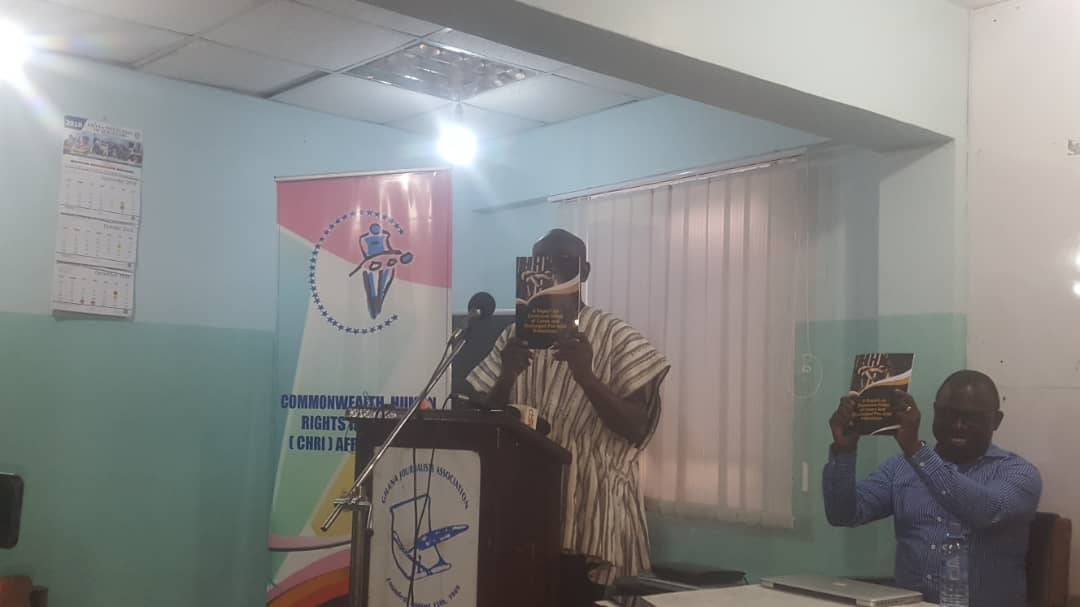
‘Legal Aid Commission needs more lawyers’
The Legal Aid Commission has called for an increase in the number of lawyers operating in all parts of the country to effectively and efficiently provide legal services to applicants who intend to access justice under the scheme.
According to the commission, Ghana needed about 160 lawyers out of which 10 should be allocated to each region in the country to help serve the needs of the public, especially those who could not afford legal representation in court.
Currently, the Legal Aid System of Ghana has 21 lawyers working under the scheme across the country coupled with lack of equipment and infrastructure, thereby preventing many from accessing justice in the country.
The Northern, Savannah, North East and Upper West regions have only one lawyer serving the public under the scheme, while the Upper East Region has two lawyers.
Consultation forum
This came to light at a stakeholders’ consultation forum held in Tamale last Thursday to deliberate on a new policy to address legal aid issues in the country and to solicit views from the public for the development of legal aid policy.
The forum, on the theme “Development of a policy on legal aid in Ghana for the Legal Aid Commission, " brought together stakeholders from the Judiciary, legal aid practitioners, some beneficiaries of the legal aid scheme and other social service providers from both state and non-state institutions.
It was organised by the Law and Development Associate in collaboration with the Legal Aid Commission, Accountability, Rule of Law and Anti-Corruption Programme (ARAP) FIIAPP with support from the European Union (EU).
Speaking at the forum, the Supervising High Court Judge in Tamale, Mr Justice Richard Mac Kogyapwah, stressed the importance of the legal aid scheme in the country’s justice delivery system.
"When we talk of legal aid, we are talking about people who are not able to provide and have no means to procure legal services and so there is the need to recruit a good number of lawyers to facilitate the procurement of legal services by all applicants," he underscored.
Indictable cases
Mr Justice Kogyapwah noted that most judges, while sitting on cases had had to assign lawyers to handle specific cases of litigants or accused persons in indictable cases, hence the need to increase the number of lawyers under the legal aid scheme to enable those who cannot pay for the cost of legal services to have legal representation in court.
" On the average, with indictable cases such as murder, you will find close to 50 per cent of accused persons who have no means to legal representation and most of them are also people who live substandard lives and mostly unemployed who have become criminals and deviants walking on the streets lots of whom get into these cases and therefore have no income to procure legal service," he said.
The Executive Director of the Legal Aid Commission, Mr Yahaya Alhassan Seini, suggested that a certain percentage of the fee charged for proceedings could be channelled to the commission’s account to facilitate its activities, adding that with the charges, the officer in charge of the case should be allowed to determine the percentage to be allocated to the scheme.
He said the consensus of the views collated at the forum would be added to what came out of a similar meeting organised at the southern sector to enable the commission develop a comprehensive policy for the legal aid system of the country.
The Northern Regional Director of the Legal Aid, Mr Issah Mahmud said crime had become so “sophisticated” and ,therefore, there was the need for more police stations and courts in district capitals to help combat such crimes and make the country safe for all.
